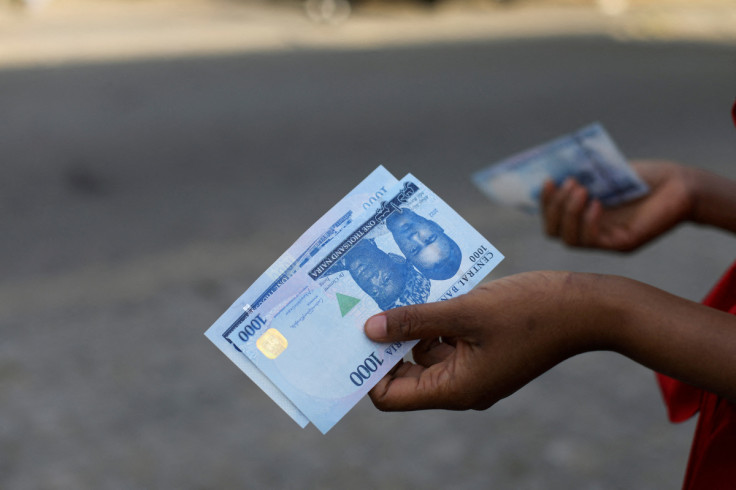Central Bank Of Nigeria Finds $2.4 Billion Invalid Foreign Overdue Claims

The Central Bank of Nigeria (CBN) disclosed that there are $2.4 billion invalid foreign overdue claims, which has created pressure on the local currency, naira.
Central Bank Governor Olayemi Cardoso said on Monday that this information was revealed after an audit, noting that this knowledge was concealed for the last seven years. However, the audited accounts of the CBN went public last year and showed a $7 billion backlog of unmet dollars.
In a televised interview, the governor said, "We had had reasons to believe we needed to take a harder look at these obligations. So, we contracted Deloitte management consultants to do forensics of all these obligations and to actually tell us what was valid and what was not," Premium Times reported.
He added, "The result that came out of this was startling in a great respect. It was startling. We discovered that of the roughly $7 billion, about $2.4 billion had issues, which we believe had no business being there and the infractions on that ranged from so many things, for example not having valid import documents and, in some cases, entities that do not exist."
Furthermore, some profiles had requested foreign exchange and received more than what they had requested. Some accounts didn't demand any foreign exchange but still received the same.
"There were some who didn't even ask for any and got. So, there were whole loads of infractions there," he said.
Last year, the World Bank recommended Nigeria to control inflation, improve stability of the FX market, sustain savings from the PMS subsidy reform, improve non-oil revenues and remove trade barriers.
Nigeria Employers' Consultative Association (NECA) alongside owners of small-scale enterprises and manufacturers noted last year that the forex crisis faced by the country is shutting down factories, causing people to lose their jobs.
In December, President Bola Tinubu said his administration will be "reinvigorating, retooling and re-engineering the economy," highlighting the fuel subsidy removal and ongoing unification of foreign exchange rates.
Aside from the exchange rate, fuel subsidy removal - announced by the President on May 29 - has also caused businesses to struggle.
© Copyright 2025 IBTimes NG. All rights reserved.






















